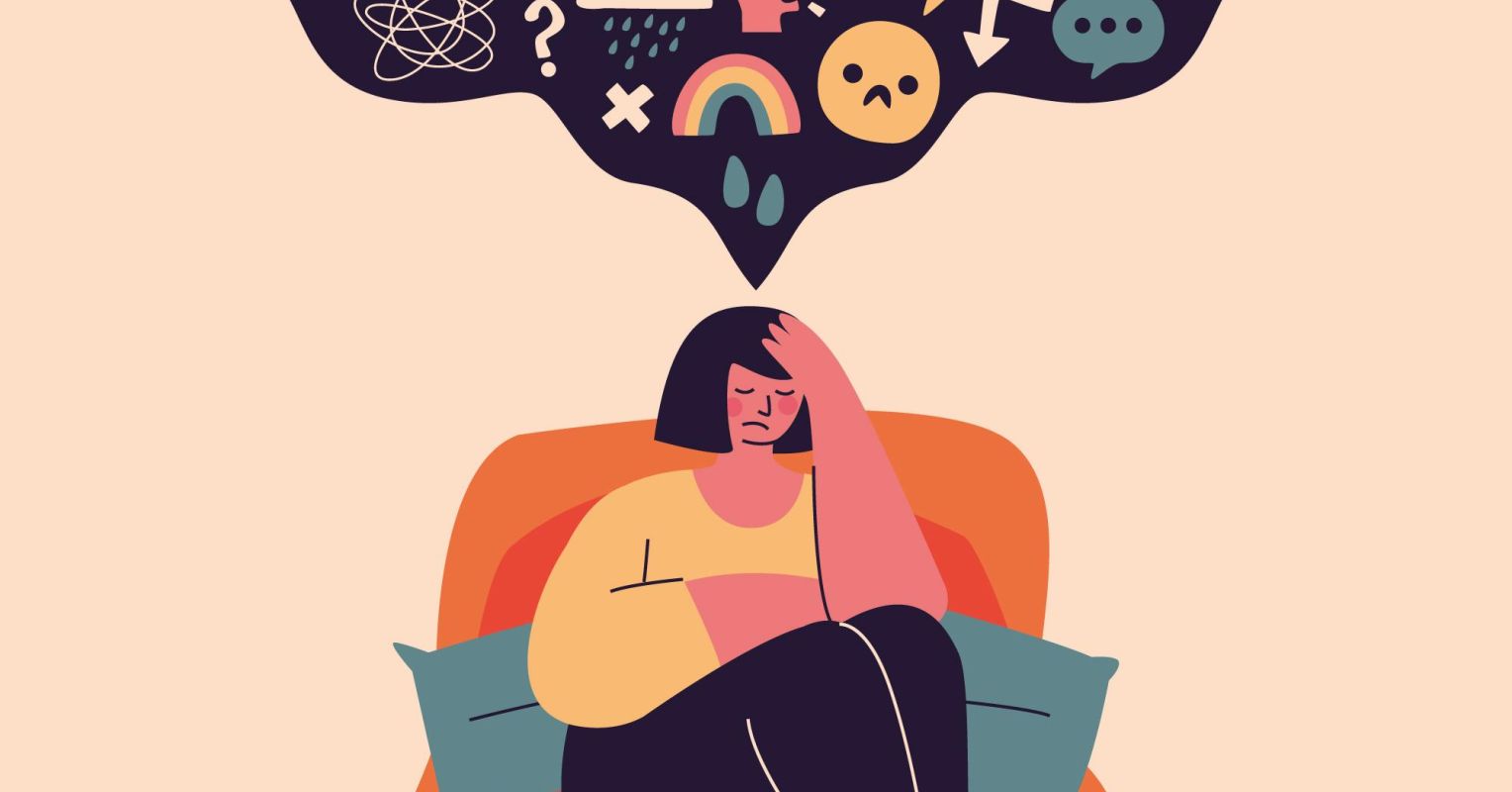
Recently, the United States Preventive Services Task Force (USPSTF) released, for the first time, a recommendation that all adults under age 65 should be screened for anxiety.
Global rates of anxiety surged following the peak of the COVID-19 pandemic. The USPSTF cited that 40% of women and 26% of men will experience an anxiety disorder in their lifetime. Given how common anxiety is, anyone may benefit from getting screened for anxiety.
What anxiety is
From time to time, we all experience some form of worry or anxiety. In some cases, anxiety can be a motivator; in other cases, it can be exhausting and paralyzing—almost pathological. In the pathological case, we may get stuck in thought loops and overthink. Further, we may experience physical symptoms, such as a tight chest resulting in difficulty breathing. To manage our anxiety, we may completely avoid potentially life-enriching experiences that might trigger it, such as social gatherings.
Anxiety is the most common mental health condition in the U.S. but as a society, we have only begun to accept it as a potentially serious mental health condition. Once considered a personal weakness, anxiety was not viewed as a real mental health condition until recent decades.
From an evolutionary psychiatry perspective, anxiety serves to protect us. When our ancient ancestors lived a hunter-gatherer lifestyle, anxiety helped them survive. A fight-or-flight response to an incoming predator was a critical, life-saving feature of the body’s anxiety system. Today, few of us encounter life-threatening situations on the daily. Instead, many of these evolutionary features simply became anxiety symptoms (e.g., panic attacks).
The importance of diagnosing anxiety
Living with anxiety is difficult. With anxiety, an individual may avoid important life experiences and events, and have an increased risk for depression. Severe anxiety also has a high correlation with suicidal thoughts. Further, individuals with anxiety may cope by using substances, and develop substance use problems as a result. Anxiety is a serious health condition, and early intervention and treatment are critical.
Limitations of anxiety screening
There may be some disadvantages to testing for anxiety through a screener. Screeners administered by clinicians will likely be self-report questionnaires evaluating the severity of anxiety symptoms. Screening in this manner runs the risk of overdiagnosis, which may lead to unnecessary referrals to treatment and increased stress. Additionally, there are many types of anxiety, which cannot be entirely identified with a simple screener. When following up for a possible anxiety diagnosis, clinicians may need to be vigilant about considering all potential types of anxiety.
Ultimately, despite the potential barriers to anxiety screening as proposed by the task force, its implementation will benefit all of us. Mental health conditions regularly go undiagnosed in our healthcare system; by making screening routine for all American adults, detection rates may be improved. Promoting a greater focus on mental health will also help destigmatize it and increase funding and research, ultimately facilitating access to mental health resources and treatment.

